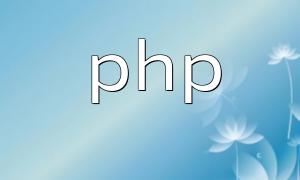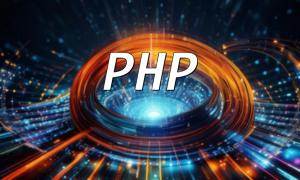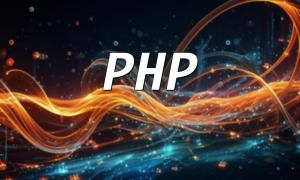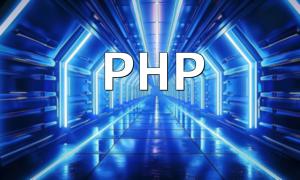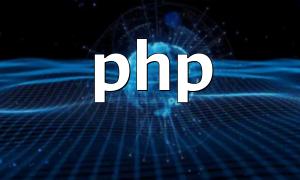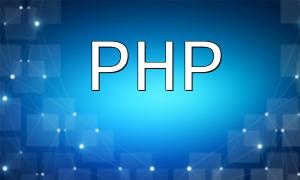Impact of PHP Framework Version Updates on CI/CD Processes
In software development, continuous integration (CI) and continuous deployment (CD) pipelines are essential for ensuring timely and reliable code releases. These pipelines automate testing, building, and deployment processes, accelerating development and improving software quality.
Impact of PHP Framework Version Updates on CI/CD Pipelines
PHP framework version updates can significantly affect CI/CD pipelines, especially when there are notable changes to the frameworks and tools in use. The following are key areas to focus on:
Testing Failures:
Framework updates may introduce API or functionality changes, causing existing tests to fail.Code Migration:
Major framework updates sometimes require code migration to the new version, which could extend the development timeline.Plugin Compatibility:
Third-party plugins that the application depends on may need updates to ensure compatibility with the new framework version.Deployment Impact:
Updates to the framework may affect existing deployment scripts, which will need adjustments.
Real-World Example: Laravel 9 Version Update
For example, consider the Laravel PHP framework's 9.x version update, which introduces several significant changes, including Eloquent model query builder, changes to custom validation rules, and enhanced routing group functionality.
Impact of Updates on CI/CD Settings
Unit Tests:
Due to changes in the Eloquent query builder, existing unit tests may need to be rewritten to use the new syntax.Continuous Integration:
CI builds will need to include migration and seeders for the Laravel 9 application.Deployment:
Deployment scripts will need to be updated to accommodate the new routing group functionality in Laravel 9.
How to Mitigate the Impact of PHP Framework Version Updates
To reduce the potential negative effects of framework updates on CI/CD pipelines, development teams can adopt the following measures:
Comprehensive Testing:
After updating the framework, perform thorough testing of the entire application to identify any compatibility issues or failures.Phased Updates:
If possible, perform framework updates in stages to minimize the risks associated with a complete update.Plugin Review:
Review and update all third-party plugins to ensure they are compatible with the new framework version.Automated Deployment:
Use CI/CD pipelines to automate deployment processes, reducing the risk of human error.
Conclusion
By following these best practices, development teams can effectively manage the impact of PHP framework version updates on their CI/CD pipelines, ensuring smooth and efficient software releases.
